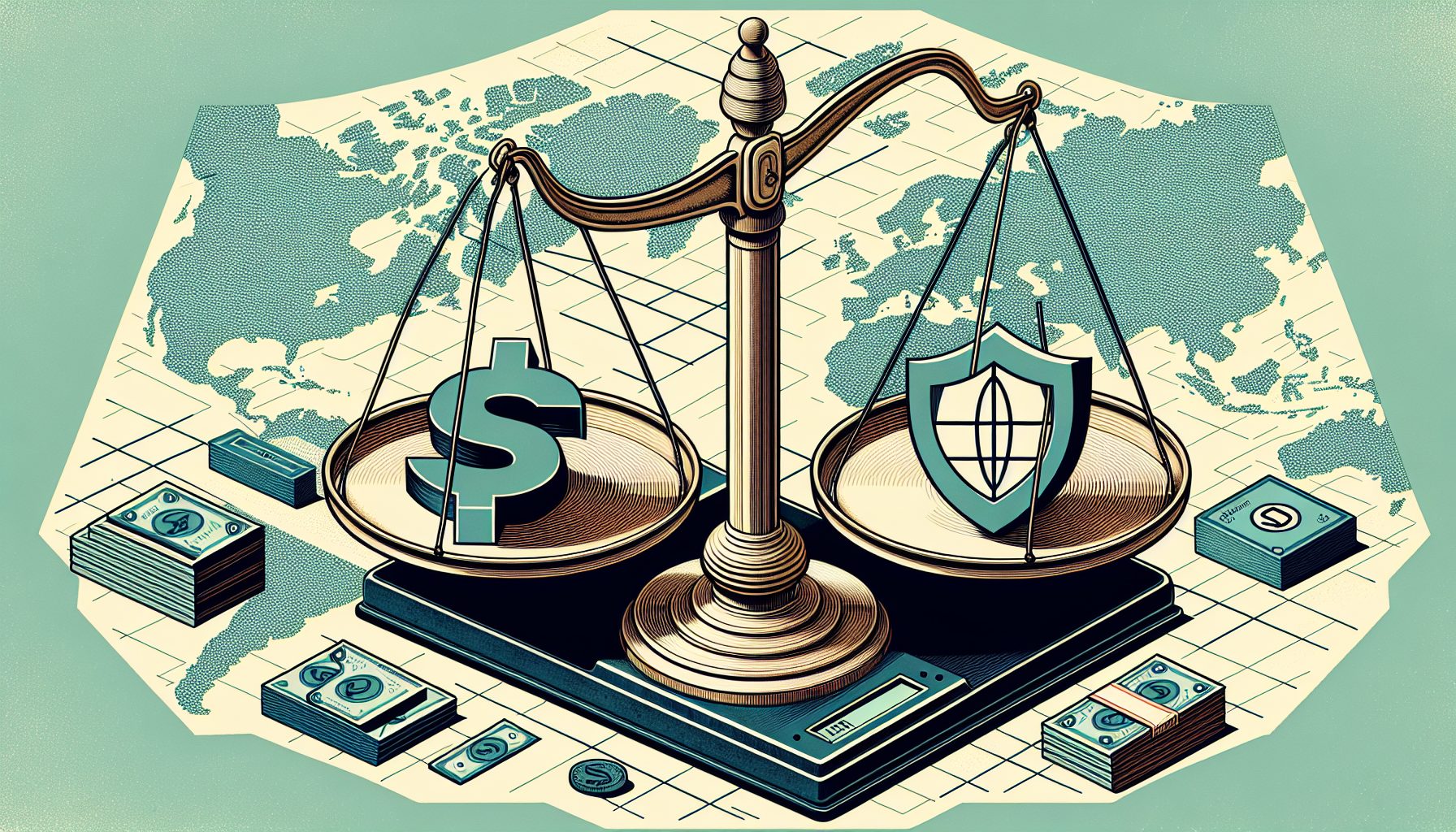When Bill Clinton ran forpresident, his slogan was, ?It?s the economy, stupid!? Well, when it comes toIT, my slogan is, ?It?s the business, stupid!?
Iam a firm believer that the true value of IT is to drive tangible businessvalue. I?m not a fan of technology for technology?s sake. Nor am I a big fan ofpeople who become enamored with technology because it?s ?cool.? IT is meant tohelp drive business outcomes, plain and simple.
Forthe past few years, you couldn?t attend a conference or pick up a technologypublication without reading about the need for IT to ?align? with the business.To me, this may be the single stupidest thing I?ve ever heard. Do you hear CFOsor CMOs discussing the need to align with the business? Of course not. Why?Because they know they are a critical part of the business.
Well,so are we! The concept of IT aligning with the business suggests that IT issomehow separate from the business. Instead, we are a critical component thatshould be engaged in every aspect of operations and strategy.
Ioften tell people that my organization doesn?t have any IT projects, whichmakes them look at me as if I had three heads. But it?s true: We don?t have anyIT projects.
Whatwe do have are many important business projects in which technology is a keydriver for achieving the desired outcomes and generating the necessary value.These projects are sponsored by business executives, have clearly articulatedbusiness outcomes and provide a real business ROI. Otherwise, there?s noproject.
Iimagine you?re thinking, ?Yeah, smart guy, but what about infrastructureprojects?? Well, in those cases, the CIO (a.k.a. me) is the business sponsor,and the onus is on me to articulate a value proposition and an ROI as to why weshould upgrade a portion of the infrastructure and the business implications ofnot doing that.
It?svery simple: Our mission is to grow the sport of tennis in the United States.Every penny we spend on something unrelated to that goal is a distraction fromwhat really matters to our organization. Therefore, we ensure that the money weinvest in technology helps to drive that mission.
Inevery organization there are critical objectives that determine whether itsucceeds in accomplishing its mission or misses the mark. If I asked you, I’msure you could rattle off the top threethings your company is focused on accomplishing this year. It might belaunching a new product line, increasing top-line revenue by a certain percent,lowering operational costs, rationalizing a global business process, orintegrating a key merger or acquisition. Whatever these goals are, theyconstitute what matters to your organization.
AllCIOs have a limited amount of human and financial resources. In determining howto invest (not spend!) these resources, I suggest you ask yourself thefollowing three questions:
1.What are the top priorities that really matter for my company?
2.How will the things we are planning to do affect these major objectives?
3.If they won?t affect these goals, why are we doing them?
Thisis a tough litmus test, but it?s one that should be applied to all potentialinitiatives. Some of you probably have projects in your portfolio that eitherdon?t have a customer (there is no business sponsor) or don?t have aquantitative or qualitative ROI. Instead, they are projects you think youshould do?or want to do.
Letme ask you this: Is that how you handle your personal finances? Do you makesure that the mortgage and utility bills are paid first, or do you put yourmoney on the No. 3 horse in the fifth race? When it comes to your own money,you undoubtedly are prudent in how you invest it.
Well,if you are truly a business leader (and if you have a C in your title, you?dbetter be), then it is your money! Too many CIOs think like technologists, buttheir job is to function as an executive of their company.
Ialways laugh when I hear CIOs whining about having to justify their budgets.None of us has unlimited resources. All of us have to determine what theappropriate level of investment is to fuel our efforts.
Haveyou ever met a business executive who isn?t focused on the financial bottomline and who isn?t held accountable for financial outcomes? If we as CIOs aretruly business executives, then we should be held to the same set ofexpectations as the other business leaders in the C-suite.
LarryBonfante is CIO of the USTA and founder of CIO Bench Coach, an executivecoaching practice for IT executives. He is author of Lessons in ITTransformation: Technology Expert to Business Leader. Larry can be reached [email protected].








